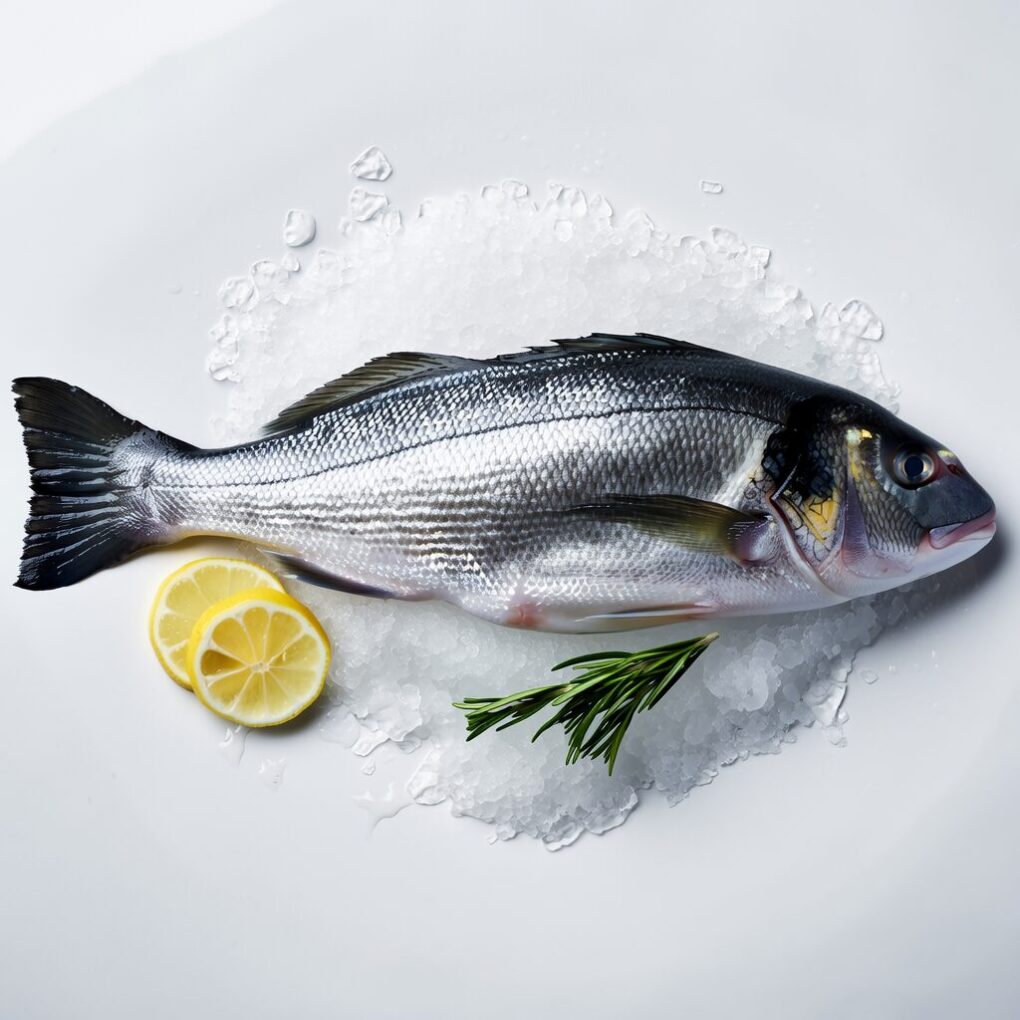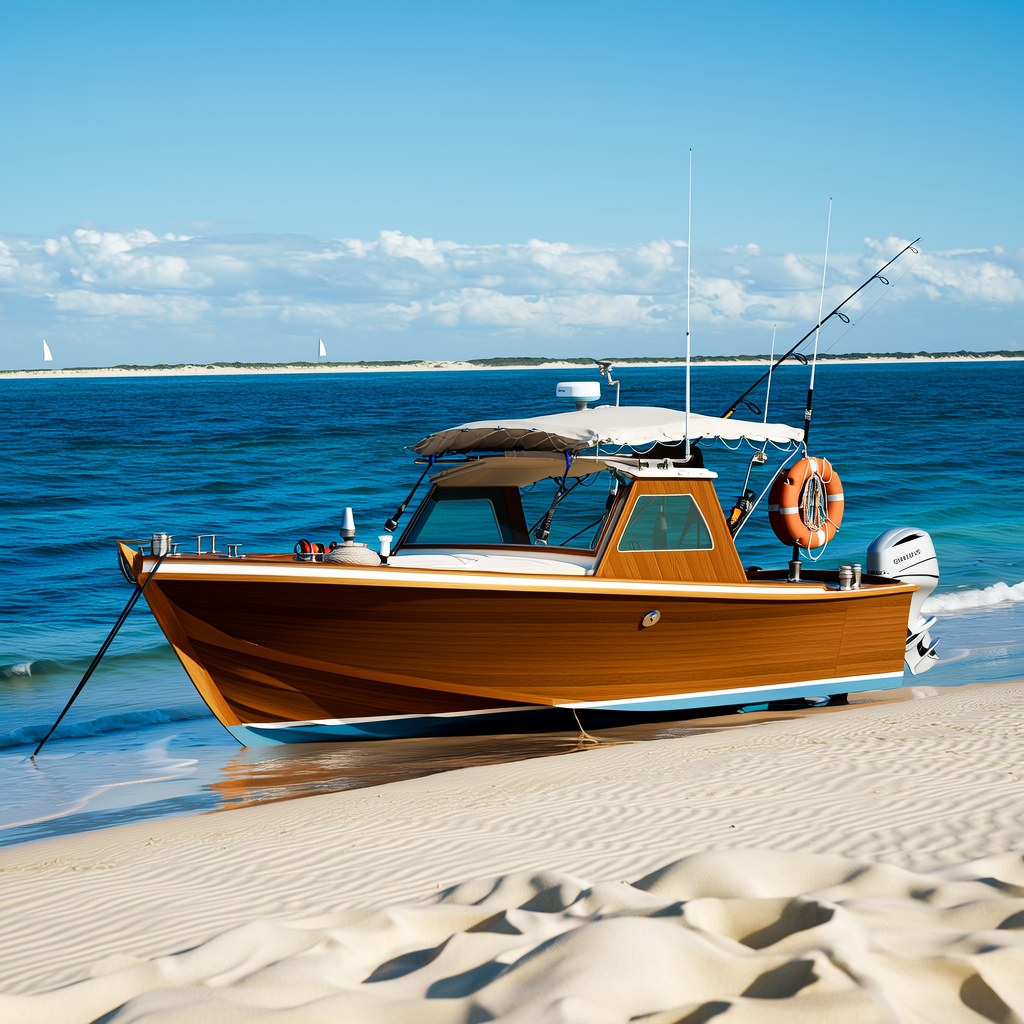A fishing license is required if you plan to fish in Louisiana. A fishing license allows you legally to fish in Louisiana’s rivers, lakes, and streams. We will be discussing how to get a Louisiana fishing license, the different types of fishing licences, and the regulations you need to follow.
Types of Louisiana Fishing Licenses
Louisiana offers many types of fishing licenses. The following are the most popular types of fishing licenses:
Basic Fishing License
The most common type you can get in Louisiana is the basic fishing license. This license allows you to fish in Louisiana’s public waters for a year. You can buy a basic fishing licence online or at a local retailer who sells fishing and hunting licenses.
Saltwater Fishing License
A saltwater fishing license is required if you intend to fish in Louisiana’s saltwater. This license is required along with a basic fishing licence. A saltwater fishing licence can be purchased online or at a local retailer that carries hunting and fishing licenses.
Fishing Guide License
A fishing license is required if you intend to operate a Louisiana fishing guide service. This license is required along with a basic fishing licence. A fishing guide license can be purchased online or at a local retailer that carries hunting and fishing licences.
How to get a fishing license in Louisiana
It is easy and straightforward to obtain a Louisiana fishing license. Online purchasing a fishing license will be the fastest and easiest way to get one. A local retailer can also sell fishing and hunting licenses.
Visit the Louisiana Department of Wildlife and Fisheries website to purchase a fishing licence online. You can then select the type and amount of fishing license you wish to purchase, as well as your personal information and the fee.
Louisiana Fishing Regulations
It is important to observe the laws of Louisiana when fishing. You must follow these regulations when you fish in Louisana:
Size and limits
Louisiana has limits on many species of fish. For speckled trout, for example, there is a daily limit of 25 per person and a minimum size requirement of 12 inches. For the most current size and limit regulations, please visit the Louisiana Department of Wildlife and Fisheries website.
Licensing requirements
You will need a fishing license in Louisiana to fish, as we mentioned earlier. A fishing license is required to fish in Louisiana. Failure to have one can lead to fines and other penalties. You must have a valid fishing licence with you when fishing in Louisiana.
Protected Species
Louisiana has several protected species of fish, including alligator gar and paddlefish. It is important to be aware of which species are protected so that you can release them if they are accidentally caught.
Louisiana Fishing Spots
Louisiana has many fishing spots, from picturesque lakes and rivers to remote areas along the Gulf of Mexico. These are some of the most popular Louisiana fishing spots:
Lake Pontchartrain
Pontchartrain is a popular spot for fishing in the New Orleans area. There are many fish to be caught in the lake, including redfish, speckled trout and catfish.
Toledo Bend Reservoir
The border of Louisiana and Texas is where Toledo Bend Reservoir can be found. It’s a popular spot for fishing in both states. There are many aquatic species in the reservoir, including largemouth bass, catfish and crappie.
The Gulf of Mexico
The Gulf of Mexico is home to many species of fish. Many charter fishing boats are available to take you out on the Gulf for a day fishing.
Conclusion
Louisiana fishing can be a rewarding and enjoyable experience for anyone. A fishing license is essential for anyone who wants to fish in Louisiana, whether they are a seasoned angler or just a casual fisherman. When fishing in Louisiana, it is important to comply with the regulations of the state, know the species that are protected, respect the environment, and follow all applicable laws.




